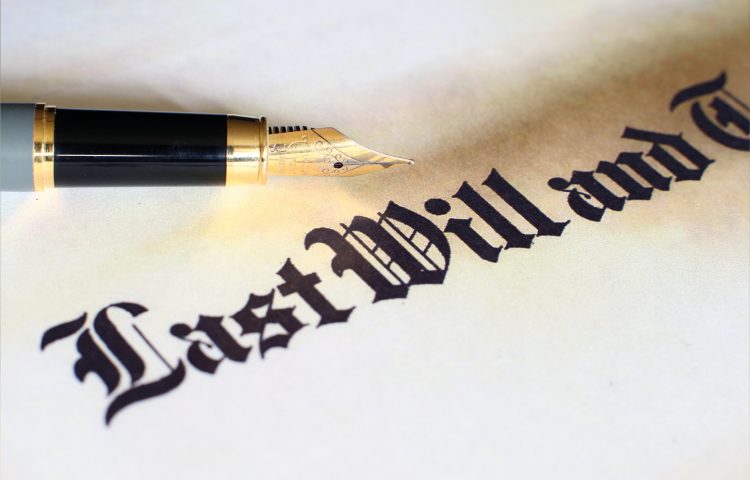
Rea vs Rea is a case which covers a disputed will made in 2015, which left Anna Rea’s (the deceased’s) house to her daughter. The deceased also had three sons who each received only a quarter share of the residue and they were not aware of this will prior to the death of their mother.
The sons issued a claim disputing the validity of the will following their mother’s death, and the application for probate by their sister, based on the deceased lacking testamentary capacity. Due to this, their argument was based on their mother not knowing or approving the 2015 will and that the will was invalid by reason of fraudulent calumny. They sought orders pronouncing against the 2015 will and in favour of an earlier will made in 1986.
What happened next?
Rea vs Rea was a complex case which resulted in a three-day trial, following which the England and Wales High Court (EWHC) ruled that the 2015 will should be admitted to probate. The sons lost an appeal in 2021. However, they successfully appealed further in 2022. The EWCA found that the EWHC had made a mistake in restricting cross-examination of the claimant on certain issues. The matter was thus remitted to the EWHC in July 2023.
Why is this case important?
The EWCA made a significant decision by overturning the ruling of the England and Wales High Court (EWHC) in August 2023.
At the heart of the Rea vs Rea case were intricate legal arguments, emotional testimonies, and conflicting interpretations of familial obligations. As the case unfolded in the EWHC the verdict reached in August 2023 left many stakeholders on both sides of the divide considering the implications. However, just when the dust appeared to settle, the legal landscape underwent a significant shift with the EWCA’s unexpected decision to overturn the EWHC’s ruling. This reversal of fortune was a surprise to many throughout the legal community and prompted a renewed scrutiny of the case’s intricacies.
The key to the EWCA’s decision lies in its meticulous review of the evidence presented during the trial and its interpretation of pertinent legal principles. In its judgment, the appellate court identified critical errors in the EWHC’s reasoning, particularly concerning the application of precedent and the proper assessment of factual findings. The EWCA’s thorough analysis underscored the importance of rigorous judicial scrutiny in safeguarding the integrity of the legal process.
One of the key issues addressed by the EWCA was the interpretation of relevant statutes and case law governing inheritance rights and property division. Through a comprehensive examination of legal precedents and legislative intent, the appellate court clarified ambiguities and resolved inconsistencies that had clouded the lower court’s decision. By providing clarity on legal principles, the EWCA sought to establish a framework that promotes consistency and fairness in future proceedings.
Moreover, the EWCA’s decision in Rea vs Rea highlighted the significance of procedural fairness and the duty of courts to ensure a fair hearing for all parties involved. In scrutinising the trial proceedings, the appellate court identified procedural irregularities and lapses in due process that warranted corrective action. By rectifying these deficiencies, the EWCA reaffirmed the judiciary’s commitment to upholding the rule of law and protecting individuals’ rights to a fair trial.
Beyond its immediate implications for the parties involved, the EWCA’s ruling in Rea vs Rea carries broader implications for the legal landscape of England and Wales. It serves as a reminder of the dynamic nature of the law and the judiciary’s role in interpreting and evolving legal principles to meet the demands of contemporary society. Furthermore, it underscores the importance of appellate review as a vital mechanism for ensuring accountability and promoting judicial integrity.
The reversal of the EWHC’s decision in Rea vs Rea by the EWCA represents a pivotal moment in the trajectory of the case and the broader legal discourse. Through its meticulous analysis and reasoned judgment, the appellate court has reaffirmed the principles of fairness, justice, and the rule of law. As the legal saga continues to unfold, the legacy of Rea v Rea will endure as a testament to the resilience of the legal system and the pursuit of truth and justice.
If you need help with your Estate Planning, Wills or Trusts, contact the Hibberts experts here.